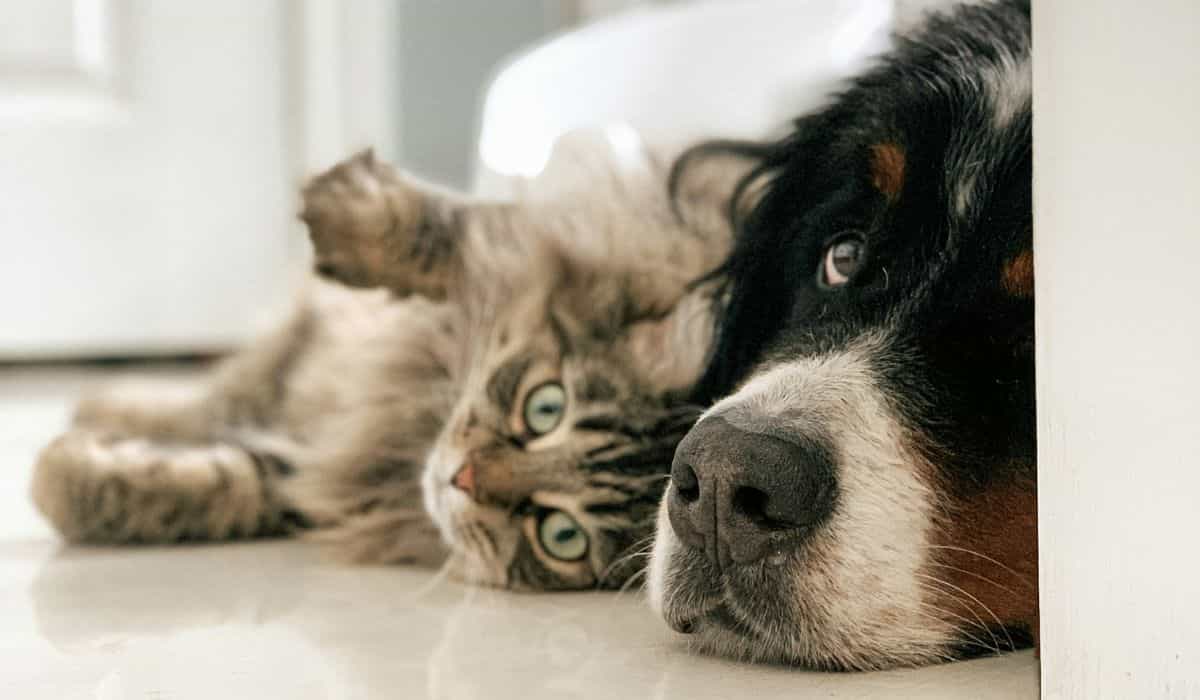
Raising awareness among pet owners about the importance of prevention is essential and helps contribute to the quality of life and longevity of animals. Therefore, it is essential to be alert to the silent signs of certain diseases, such as kidney diseases, which are incurable, progress slowly, and are irreversible, as well as problems in the lower urinary tract.
+Hilarious video: extremely vain monkey adjusts hairstyle
+Optical illusion with ‘half-cut’ cat goes viral and puzzles the internet
Cats and dogs, in their different sizes, life stages, and health conditions, require specific nutrition. When recommended by a veterinarian, the food not only contributes to the pet’s better development but also acts as support in the treatment of diagnosed diseases.
There are several causes that can compromise the functioning of pets’ kidneys and lower urinary tract. According to Priscila Rizelo, a Veterinarian and Coordinator of Scientific Communication at Royal Canin Brasil, it is essential to perform regular check-ups to closely monitor their health. “It is necessary to regularly evaluate the patient and perform tests that indicate renal function and the health of the lower urinary tract. When the existence of the disease is confirmed, especially in the initial stage, nutritional support and treatment can help maintain the patient’s quality of life and manage the symptoms,” she explains.
According to the IRIS (International Renal Interest Society) committee, the prevalence of Chronic Kidney Disease (CKD) in dogs is 0.5% to 1%, with elderly animals being the most predisposed. The most common clinical signs, often observed in both cats and dogs, are decreased appetite, weight loss, vomiting, diarrhea, increased urine volume, increased water intake, and loss of vitality.
Specialized nutrition aims to maintain adequate food intake and contribute to a better quality of life for pets. “The progression of renal injury and the clinical signs that debilitate the patient can be minimized by dietary modifications. Adequate nutrient intake provides support for renal function, helps minimize the negative effects of uremia, and contributes to adequate calorie intake and weight maintenance,” explains Priscila.
Nutrition is also considered an important part of integrated care protocols for treating lower urinary tract diseases in cats and dogs, which can be affected by infection, bladder stones, incontinence, among others, and affects up to 4.4% of cats and 3% of dogs. Medical care represents a challenge, especially in the long term, as recurrence is frequent. In dogs, a urinary tract infection is believed to be the most common cause, and it is estimated that 14% of dogs will have at least one infection in their lifetime (Reference: Chew D, DiBartola SP, and Schenck P, in Canine and Feline Nephrology and Urology, 2nd ed., Elsevier, 2011).
“It is important to emphasize that regular check-ups combined with awareness among owners about diseases are the best way to effectively control the illness. Early treatment significantly increases the chances of treatment success,” adds the Veterinarian.

